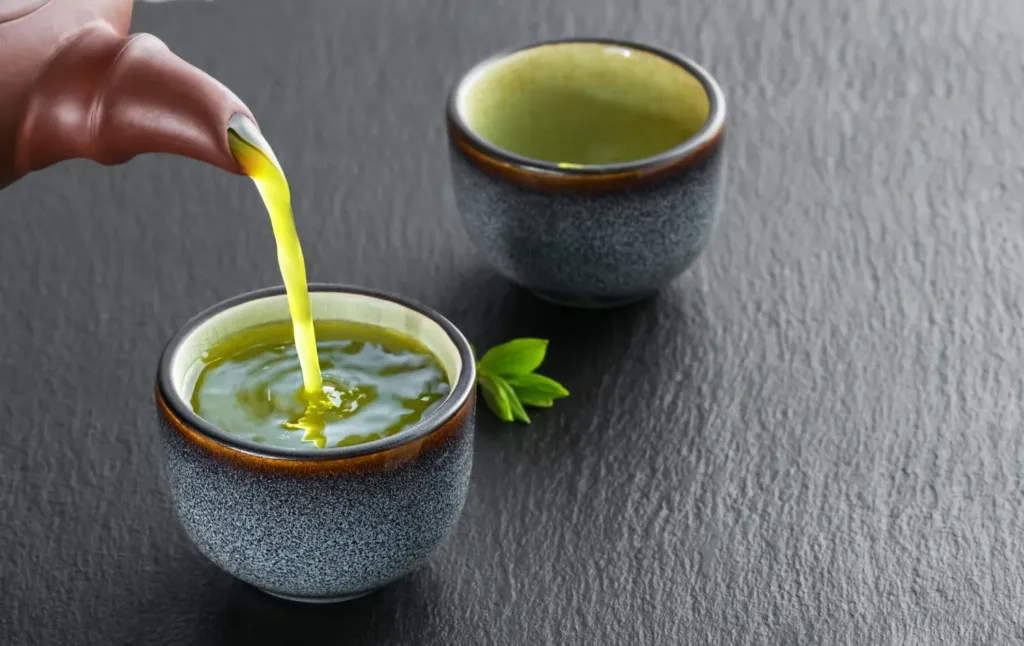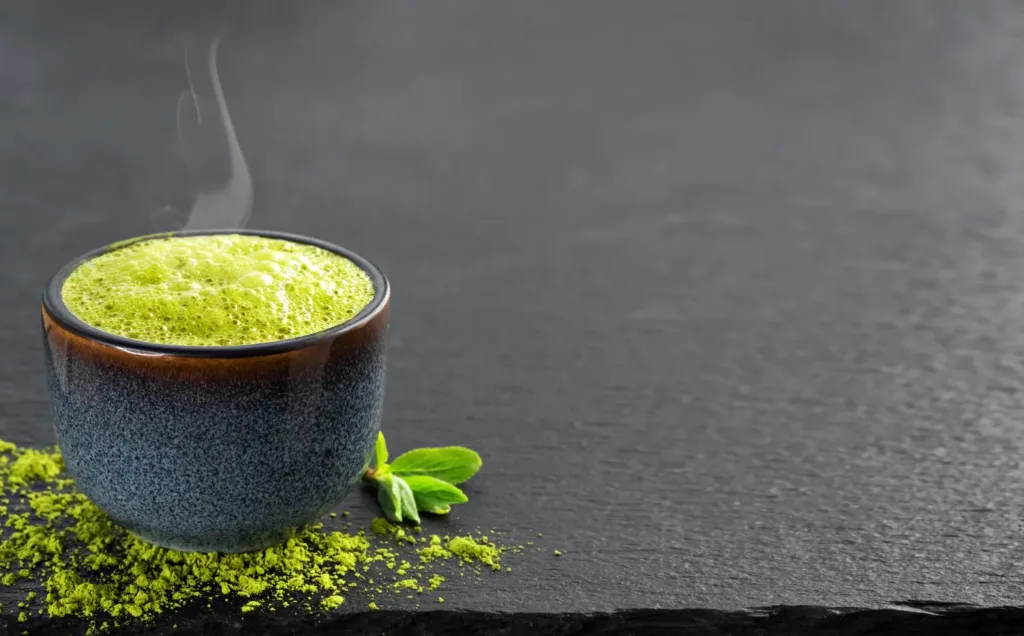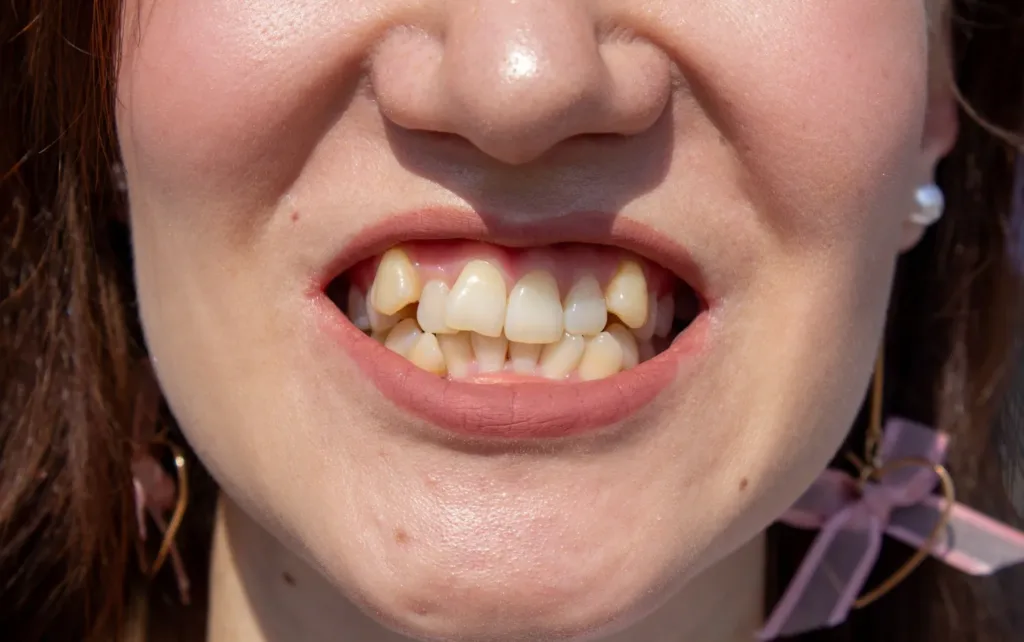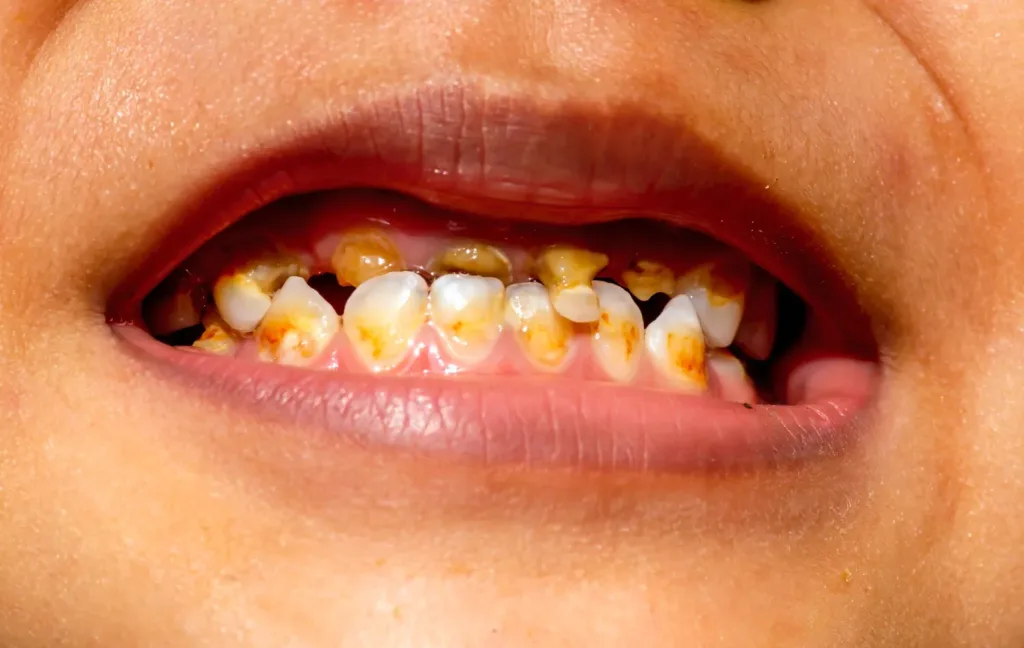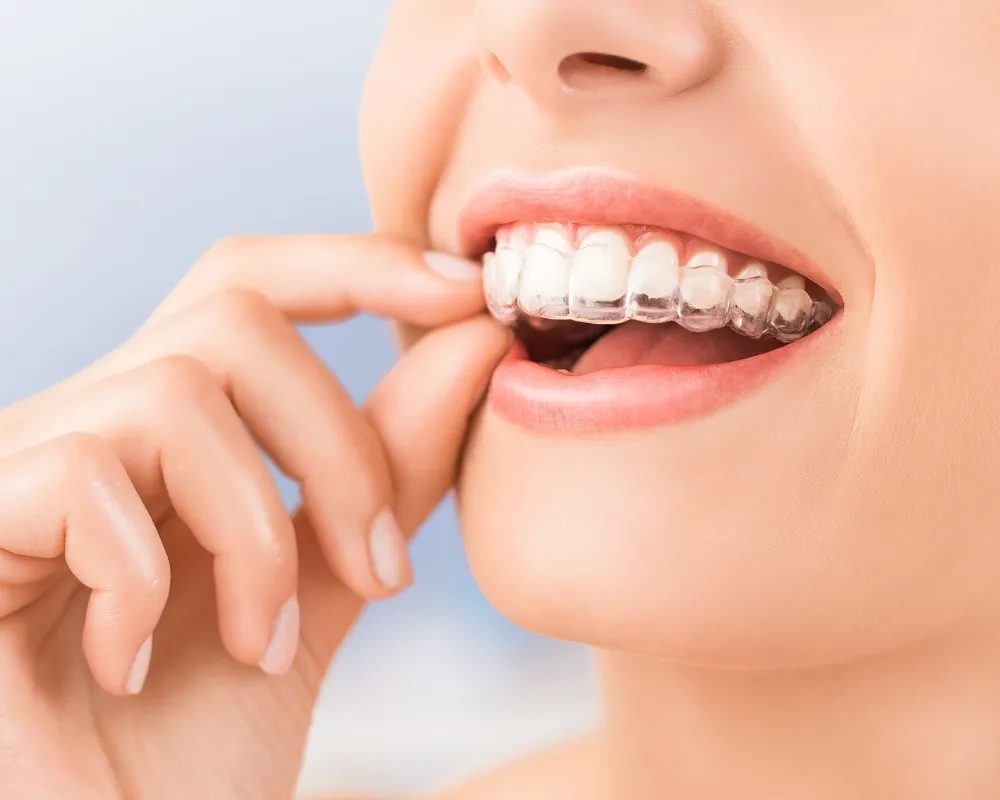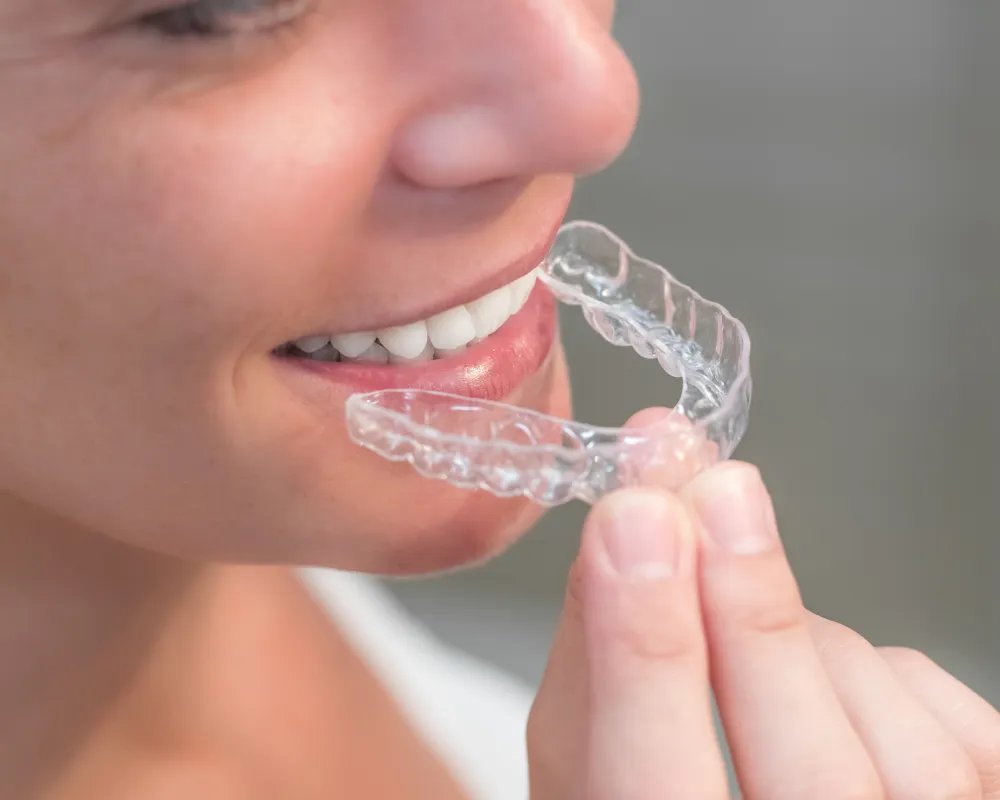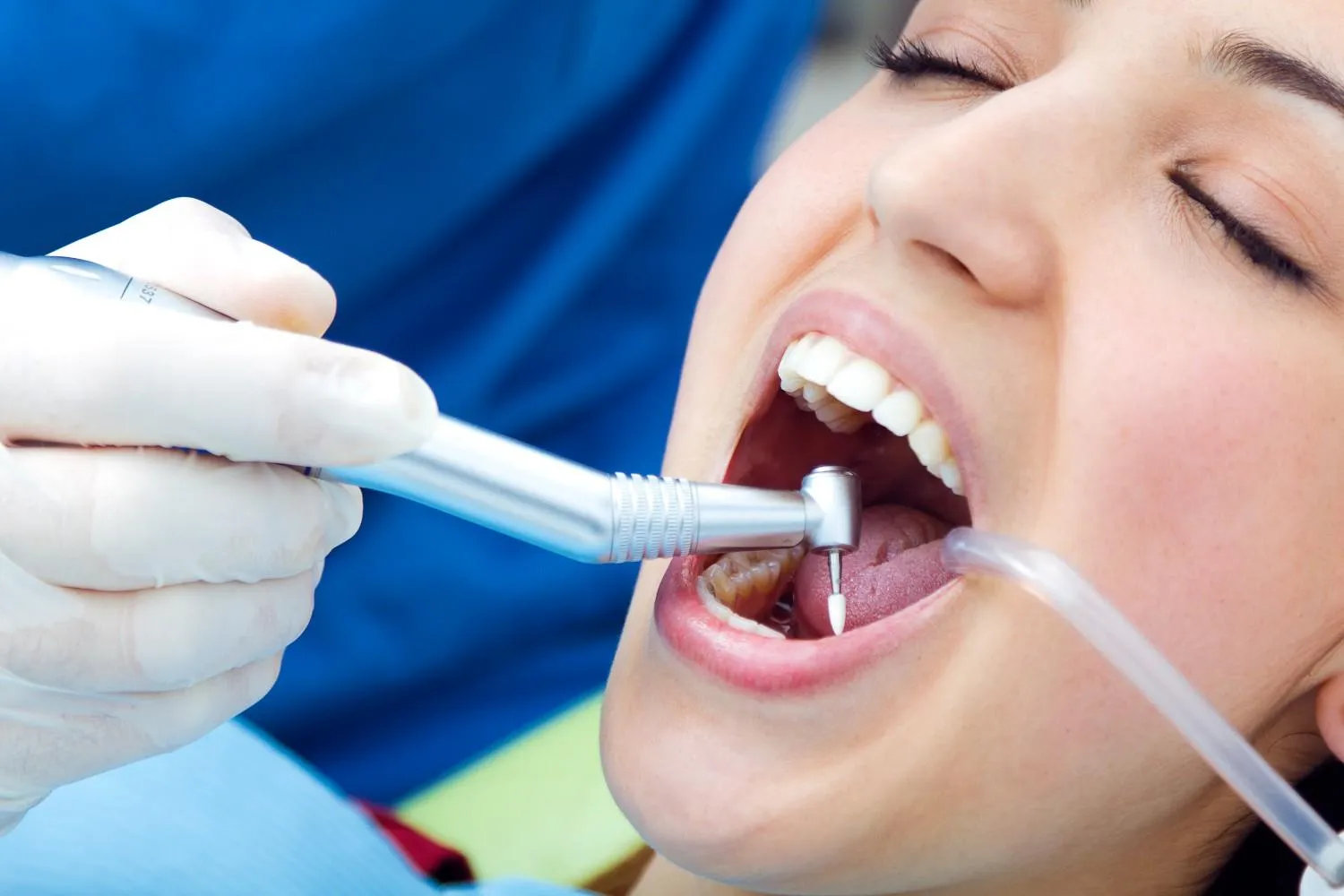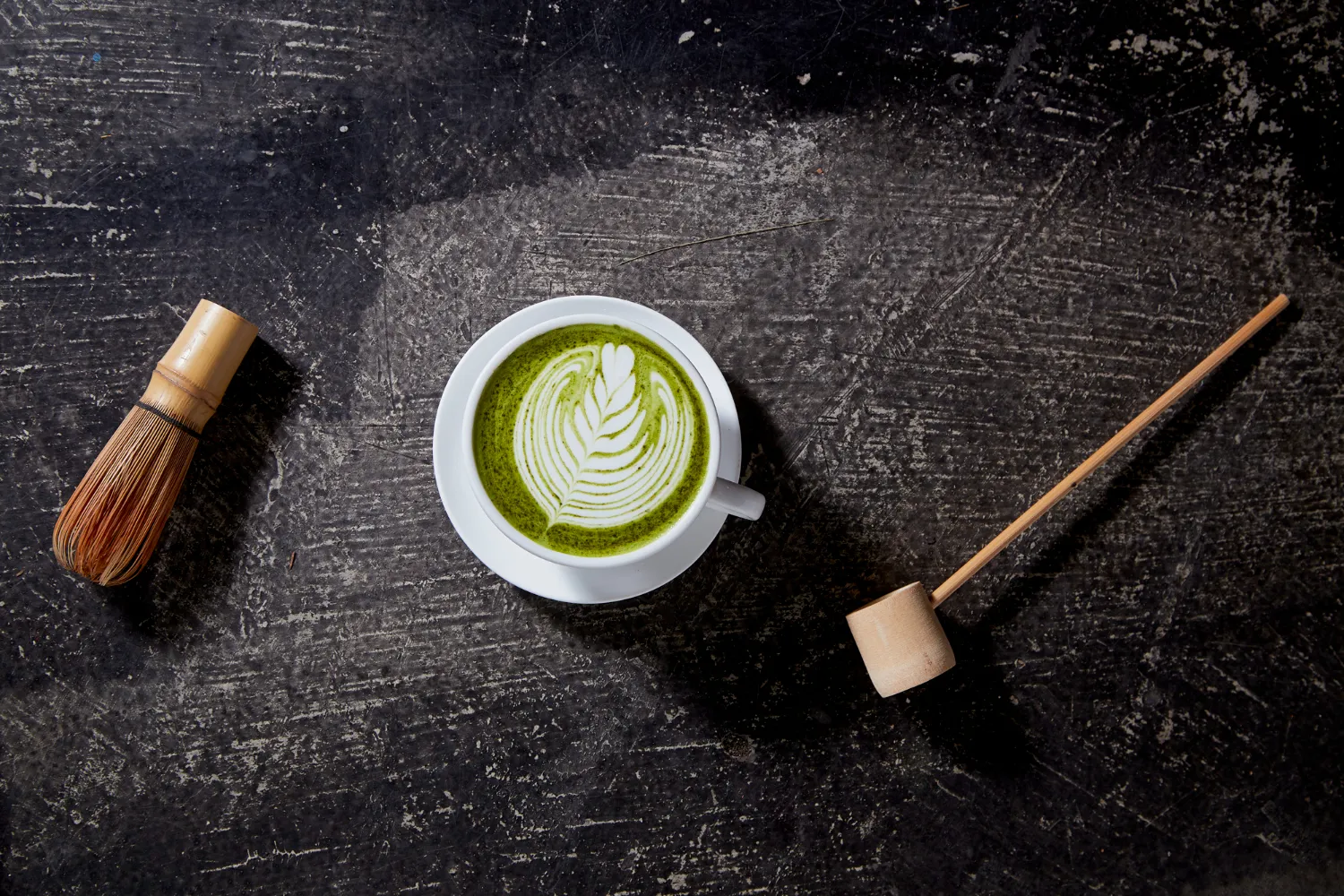
Step into the world of tea time and join us as we delve into the intriguing relationship between matcha and teeth discoloration. While matcha has gained popularity for its numerous health benefits and vibrant green hue, there’s one question that continues to linger in the minds of many: does matcha stain teeth? With its rise in popularity, concerns have been raised about its potential to cause teeth discoloration, with some even wondering if it stains teeth more than coffee. In this blog, we’ll dive deep into the science and myths surrounding matcha’s impact on oral health, providing you with the answers you’ve been searching for.
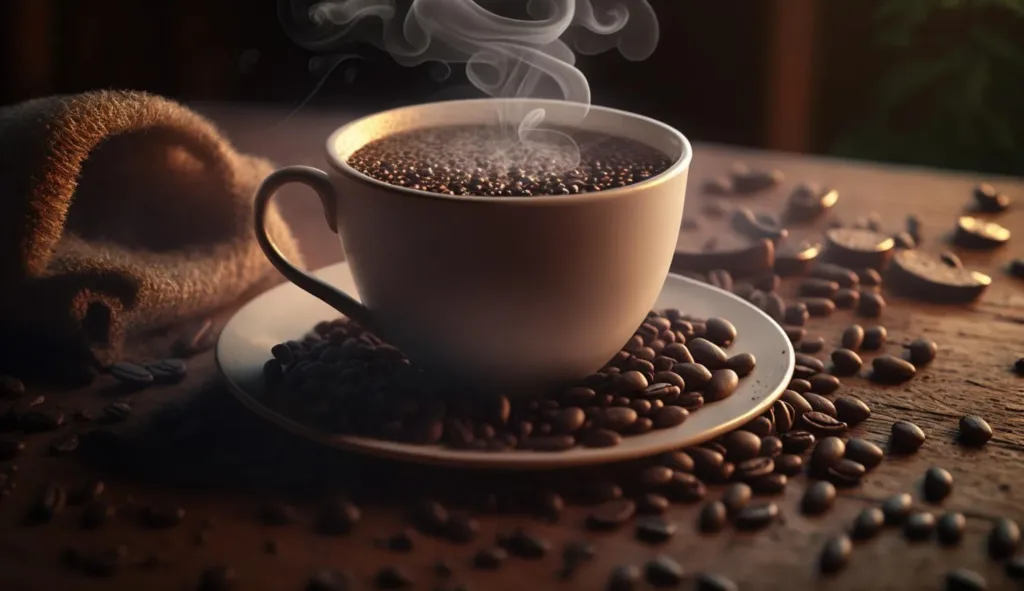
The Nature of Matcha and Its Composition
Matcha, a finely ground powder made from specially grown and processed green tea leaves, has captivated the world with its rich heritage, health benefits, and unique flavor. Originating from Japan, this vibrant green tea is celebrated for its high concentration of antioxidants, vitamins, and minerals. But what exactly is in matcha that leads to the question: does matcha stain your teeth, or more specifically, does matcha green tea stain your teeth?
Matcha Teeth Staining Factors
The intense green color of matcha comes from its high chlorophyll content, a natural plant pigment. While chlorophyll is known for its health-promoting properties, it’s also a factor in matcha’s potential to stain teeth, similar to how other pigmented foods and beverages can affect dental enamel. Additionally, matcha contains tannins, compounds present in many types of tea, which can adhere to teeth and contribute to staining. The combination of chlorophyll, tannins, and the fine particulate nature of matcha powder, which may adhere to the surface of teeth more readily than larger tea leaves, brings us to explore its relationship with teeth discoloration. Understanding the unique composition of matcha is essential as we delve deeper into the effects it may have on oral health, particularly in regard to teeth staining.
Understanding Teeth Discoloration: The Science Behind the Stains
Understanding the science behind teeth discoloration requires a dive into how and why substances like matcha can affect the color of our teeth.
How Teeth Become Stained
Teeth staining occurs when pigmented molecules from foods, beverages, or other substances penetrate the porous surface of dental enamel. This process, known as chromogenic accumulation, leads to discoloration over time. For tea enthusiasts pondering “Does matcha green tea stain your teeth?”, it’s crucial to understand that matcha, with its fine particles and pigment-rich composition, has a staining potential. Similarly, those indulging in a matcha latte might also question, does matcha latte stain teeth? Given its content, matcha lattes can contribute to staining, especially when consumed frequently and without proper oral hygiene practices.
Factors Contributing To Dental Discoloration
Several factors play pivotal roles in dental discoloration, extending beyond the question of “Does matcha stain your teeth?”. Dietary choices, including the consumption of highly pigmented foods and beverages, such as matcha tea, can stain teeth over time. Personal habits like smoking or poor oral hygiene practices further exacerbate staining, allowing substances to penetrate the enamel more deeply. Moreover, certain medications and the natural aging process can also diminish the brightness of one’s smile. Understanding these elements is crucial when considering the impact of specific drinks, including whether matcha tea stains teeth, on oral aesthetics.
Role Of Pigments In Matcha
In examining whether matcha stains teeth, a crucial factor to consider is the role of its unique pigments. The vibrant green hue of matcha is attributed to its high chlorophyll content, which, along with tannins, contributes to its potential staining ability. When comparing whether matcha stains teeth like coffee or “Does matcha stain teeth more than coffee?”, it’s important to understand that while both beverages contain pigments capable of staining dental enamel, the nature of matcha’s pigments—being finer and potentially adhering more easily to the surface—might present a different risk level for staining.
Matcha vs Coffee
When considering the impact of our favorite morning rituals on oral health, the question often arises: does matcha stain teeth like coffee? Both matcha and coffee are beloved for their unique flavors and health benefits, yet both have been scrutinized for their potential to discolor teeth. To understand ” Does matcha stain teeth more than coffee?”, it’s important to consider the composition of these beverages.
Comparative Analysis of Staining Potential
Coffee is known for its dark, rich pigments, which can easily adhere to and penetrate the porous surface of dental enamel, leading to noticeable staining. On the other hand, matcha contains chlorophyll and tannins, which also have staining capabilities, but its staining mechanism differs due to the fine particulate nature of matcha powder. This raises the question, does matcha stain your teeth in a similar or more aggressive manner than coffee? The answer is not straightforward, as it largely depends on consumption habits, the presence of protective factors like saliva, and individual oral hygiene practices.
While coffee might present a more immediate staining threat due to its darker pigments, the unique properties of matcha, such as its finer particles, means it cannot be discounted in discussions about teeth discoloration. Ultimately, whether questioning does matcha stain teeth or “Does matcha green tea stain your teeth?”, it’s clear that both beverages possess the potential to affect the aesthetic of one’s smile, warranting mindful consumption and diligent oral care.
Common Misconceptions about Matcha and Teeth Staining
When it comes to the vibrant world of matcha and its impact on our smiles, several myths cloud our understanding of its effects on oral health. One common misconception is that matcha stains teeth more severely than other beverages, like coffee. While it’s true that both matcha and coffee possess pigments capable of staining teeth, the notion that matcha does this more aggressively is not entirely accurate.
Coffee
The question of “Does matcha stain teeth more than coffee?” or even “does matcha stain teeth like coffee?” simplifies a complex interaction between the beverage’s compounds and dental enamel. Matcha’s unique pigments and fine particles indeed have the potential to stain, but so do many pigmented foods and drinks, including coffee, which is known for its high tannin content. Another myth that requires clarification is whether consuming matcha in different forms, such as a matcha latte, affects its staining potential.
Matcha Latte
Questions like “Does matcha latte stain teeth?” arise, suggesting that the addition of milk might mitigate staining. While it’s thought that dairy can lessen staining by binding to tannins, diligent oral hygiene remains key to preventing discoloration regardless of how matcha is enjoyed.
Green Tea
Furthermore, the idea that simply asking, “Does matcha green tea stain your teeth?” overlooks the fact that staining is not an immediate or guaranteed outcome. Factors such as the amount of matcha consumed, the strength of one’s enamel, and individual oral hygiene practices play significant roles. Thus, while matcha does contain elements capable of staining teeth, its impact can vary greatly among individuals. By understanding these nuances, we can enjoy matcha and its benefits more fully, without undue worry about its effect on our teeth’s appearance.
The Role of Enamel in Teeth Discoloration
The enamel, being the outermost layer of our teeth, plays a pivotal role in the aesthetic and health of our smiles. It’s a highly mineralized, yet porous structure that acts as the first line of defense against physical and chemical attacks, including staining from beverages like matcha.
The porous nature of enamel allows for the penetration of tannins and chlorophyll found in matcha, which can lead to discoloration over time. However, the degree to which matcha stains teeth largely depends on the condition of one’s enamel. Factors such as enamel thickness, porosity, and overall health significantly influence the extent of staining. Enamel weakened by erosion or decay is more susceptible to staining, underscoring the importance of maintaining oral health to prevent discoloration.
5 Tips from Dental Professionals
Dental professionals weigh in on the debate around matcha and its potential to stain teeth, offering insights grounded in clinical experience and scientific research. When addressing the question, “Does matcha tea stain teeth?” Dentists emphasize the importance of considering matcha’s unique properties. Expert’s simple tips will help prevent teeth discoloration, ensuring a radiant and healthy smile with every sip
1. Maintain Good Oral Hygiene
- Brush your teeth at least twice a day with fluoride toothpaste.
- Floss daily to remove plaque and prevent buildup between teeth.
2. Rinse After Consumption
- After drinking matcha, rinse your mouth with water to remove any residue.
- Swish water around your mouth to help neutralize acidity and reduce staining.
3. Use a Straw
- Drink matcha through a straw to minimize contact with your teeth.
- This can help reduce direct exposure to the tea and prevent potential staining.
4. Limit Consumption
- Enjoy matcha in moderation to reduce the risk of excessive staining.
- Avoid consuming large quantities of matcha daily, especially if you’re concerned about teeth discoloration.
5. Regular Dental Check-ups
- Schedule routine dental cleanings and check-ups with your dentist.
- Professional cleanings can help remove surface stains and keep your teeth healthy.
By following these simple tips, you can continue to enjoy matcha while minimizing the risk of teeth discoloration and maintaining a bright, healthy smile.
The Verdict: Separating Fact from Fiction
In navigating the myriad of information surrounding matcha’s impact on oral health, it’s clear that while matcha can contribute to teeth staining, the extent is heavily influenced by individual habits and oral hygiene. Unlike the unequivocal staining power of some beverages, matcha’s influence on teeth discoloration exists but doesn’t destine enthusiasts to a dimmed smile, especially with mindful consumption and diligent dental care practices in place.

